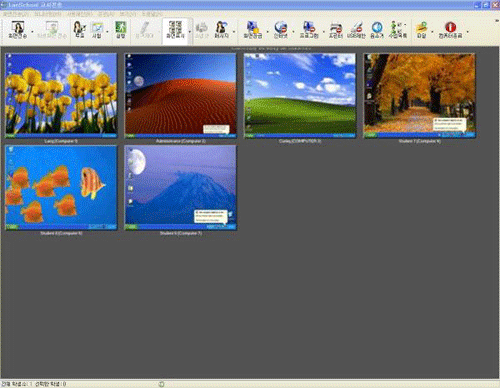First, the computer’s memory is largely divided into hard disks and RAM. Hard disks serve as permanent storage for files and programs, while RAM temporarily stores data, allowing computers to quickly access the data needed for programs they are running.
Victoria_Chen, Source Unsplash

To emphasize the importance of memory management, you must first understand that efficient use is essential due to limited memory capacity. Lack of memory can slow down your computer’s performance and cause problems such as slow programs or crashes. Therefore, efficient memory management is a critical factor in maintaining computer performance.
tobes_rd, source unsplash

When you look at how to efficiently manage memory, it’s important to shut down unnecessary programs and processes first. If there are many programs running, memory may run low, so you need to exit unnecessary programs and processes to free up memory. You also need to clean up the memory. Cleaning up unused memory can free up more space. Therefore, the operating The system performs periodic memory cleanup operations, but users can also clean memory by themselves, such as deleting large files or emptying the cache.
Nadanderson, Source Unsplash

How do I check my memory Use tools to monitor memory usage provided by your system. This allows you to view current memory usage and free up additional memory as needed. You should also carefully monitor the amount of memory used by the program to prevent memory leaks.
Joanna Kosinska, Source Unsplash

So we’ve looked at how to efficiently manage and verify computer memory. Memory management is an important factor in improving your computer’s performance, so you need to understand and be careful. Optimizing computer performance requires leveraging these basic knowledge of memory management to put it into practice.
Michael Buckin, 출처 Unsplash

Michael Buckin, 출처 Unsplash



![[TEN 피플] 샤이니 키 '만능의 열쇠'라는 이름에 걸맞는다. 가수+예능 입지 굳히기 [TEN 피플] 샤이니 키 '만능의 열쇠'라는 이름에 걸맞는다. 가수+예능 입지 굳히기](https://femiwiki-uploaded-files.s3.amazonaws.com/c/c0/Keyview.gif)




